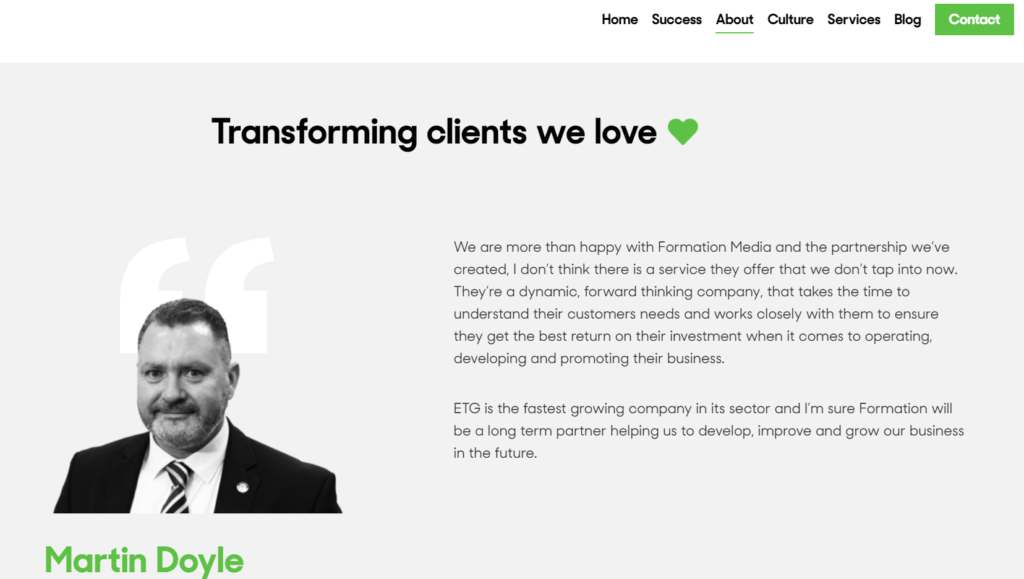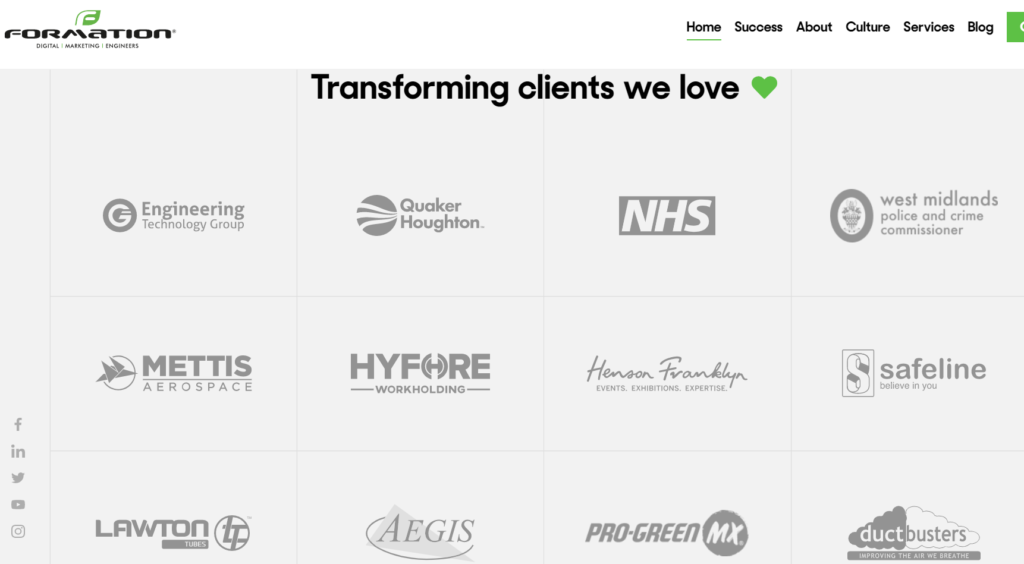What is Social Proof? How Can It Help You Attract More Customers
What is social proof?
Social proof is the concept that people will follow the actions of the masses. This concept can help you rejuvenate your marketing strategy.
I want you to think back to a time you purchased a product/service based on a customer review.
Maybe you were on Google, searching for an Italian restaurant to dine at. Or perhaps, you were browsing the pages of Amazon for a Christmas present.
You read the surge of five-star reviews and decided to trust the opinions of your online peers.
Reviews are just one example of social proof. Social proof is the idea that we rely on the feedback, actions and attitudes of the people around us to determine our decisions.
When choosing a product or service, most consumers will look to their online peers for help. It’s human nature for us to trust what the majority think. This trust can play a key role in the purchasing decisions we make.
This is why authentic, positive feedback is key to any business. Good feedback can persuade a prospective customer to enter the sales process.
Also, feedback can make or break a business’ credibility.
Many different marketing strategies fall under the category of social proof.
In this article, I’ll break down three types of social proof. Also, I will explore the ways you can use social proof to attract customers.
Examples of social proof

Reviews
Your business' online reviews also matter.
A customer review is a review of a product or service made by a customer who has purchased, used or had any other experience with said product or service.
Online customer reviews empower real customers. They do this by granting them the ability to tell your story. Also, if the story they tell is right, you’ll be able to motivate potential customers to convert.
Here are two pieces of data that may ignite your interest:
To gain a better idea of your business' customer experience and service quality, many customers will take to consulting their trusted customer reviews, written by their online peers. Some customer reviews will include a quality rating based on a 10-point scale or five stars.
There are different types of customer reviews, and some are more effective than others.
Third-party reviews
Customers tend to trust third-party review platforms such as Trustpilot more. Why? Because reviews on third-party review platforms cannot be edited or deleted by businesses.
SkyClub is one example of a business that uses trusted third-party reviews to enhance its credibility:
You can display customer reviews in many different places. On email signatures; ad campaigns, the checkout page of an eCommerce store and even on product pages.
Testimonials
You may think that your products are excellent, but your prospective customers may still have their reservations and doubts.
Before customers pay you, they want to know that your business will serve them well. They want proof that your company is reliable and trustworthy.
That is where testimonials come in.
Here are the benefits of testimonials:
- Firstly, they validate current and past customers.
- Secondly, they help past customers to connect more with your business.
- Finally, they allow current and past customers to vouch for your business.
When a potential customer reads a testimonial, they have less doubt when opting for your services.
Sales messages are believable when they are backed up by someone other than your sales rep. For example, when they come from authentic customer feedback.
Here are some examples of messages marketers use to influence customer decisions:
- “Join over 3000+ happy customers.”
- “The brand that [insert famous person’s name here} trusts."
- “9/10 dentists agree.”
You should, ideally, display testimonials on the popular pages of your website.
On the Formation Media website, for example, we feature testimonials on our ‘About’ page, where our satisfied clients can share their experience working with us.
Sometimes, a positive message from a customer who benefited from your services is enough to persuade other customers to convert.
Affiliations
Affiliations can help you to showcase your business’ association with a company, an organisation or an individual.
On the Formation Media website, we display our affiliations on the homepage:
Want to learn more about the strategies you can use to rejuvenate your marketing? Get in touch with the Formation team here.



